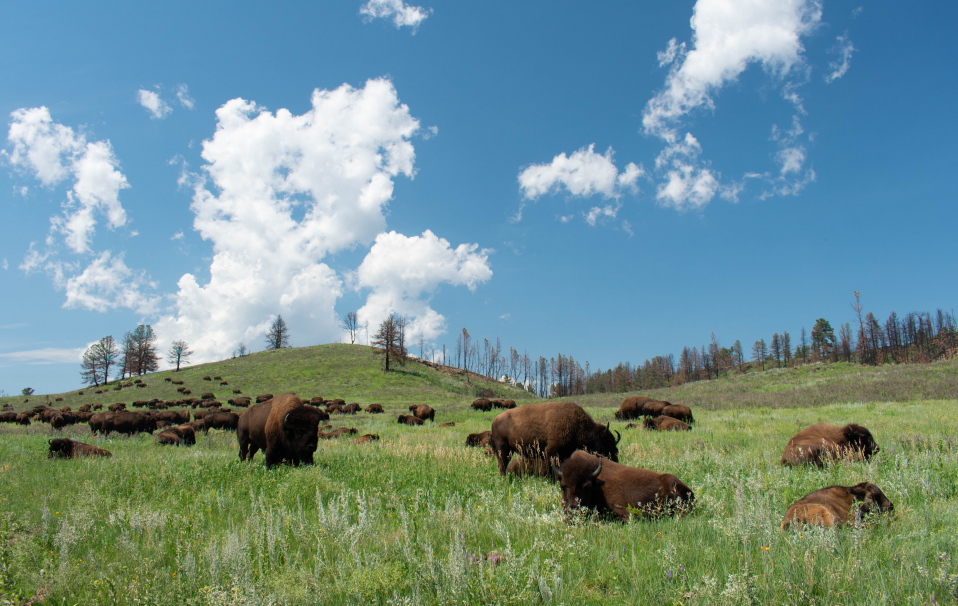Paha Sapa
For Sunday, 17 January 2021: John 1:43-51
43 The next day Jesus decided to go to Galilee. He found Philip and said to him, “Follow me.” 44 Now Philip was from Bethsaida, the city of Andrew and Peter. 45 Philip found Nathanael and said to him, “We have found him about whom Moses in the law and also the prophets wrote, Jesus son of Joseph from Nazareth.” 46 Nathanael said to him, “Can anything good come out of Nazareth?” Philip said to him, “Come and see.” 47 When Jesus saw Nathanael coming toward him, he said of him, “Here is truly an Israelite in whom there is no deceit!” 48 Nathanael asked him, “Where did you get to know me?” Jesus answered, “I saw you under the fig tree before Philip called you.” 49 Nathanael replied, “Rabbi, you are the Son of God! You are the King of Israel!” 50 Jesus answered, “Do you believe because I told you that I saw you under the fig tree? You will see greater things than these.” 51 And he said to him, “Very truly, I tell you, you will see heaven opened and the angels of God ascending and descending upon the Son of Man.”

From ancient times and across cultures have been places recognized as axes mundior sacred sites where heaven meets earth, spiritual centers of the world for different peoples. The axis mundifor the Lakota people of the Great Plains of North America are the Black Hills of western South Dakota. Referred to as the Paha Sapa, these hills covered with pine trees rise thousands of feet above the surrounding prairie. Long revered by several tribes, one version of the Lakota creation story identifies the Black Hills as the place where their ancestors emerged from the earth, making the place sacred as the center of their universe.
In the Christian Old Testament is the story of Jacob, the father of the twelve tribes of Israel. One time on a journey, Jacob camped under the stars with a stone for his pillow. During the night he dreamed that there was a ladder set up on the earth, reaching to heaven with angels ascending and descending on it. In the dream, Jacob heard the voice of God vow to fulfill the promise made to his grandfather Abraham, to make their descendants as numerous as the dust of the earth and that all the nations, tribes, and clans of the earth would be blessed through them. Upon awaking, Jacob declared, “Surely the LORD is in this place—and I did not know it! … How awesome is this place! This is none other than the house of God, and this is the gate of heaven” (Genesis 28:16-17). Thus, “Jacob’s ladder” is recognized as an axis mundi, a place where heaven meets earth.
In today’s reading from the Gospel of John, not a place but a person, Jesus the Christ himself is identified as the axis mundi, where God and humans meet, and the occasion for the angels to ascend and descend. We who know Jesus are the recipients of the blessings promised through the twelve tribes of Israel. Like Jacob, we are often unaware and “do not know it,” but when we encounter Jesus, we stand at the very gate of heaven to meet the living God. How awesome is this place!


